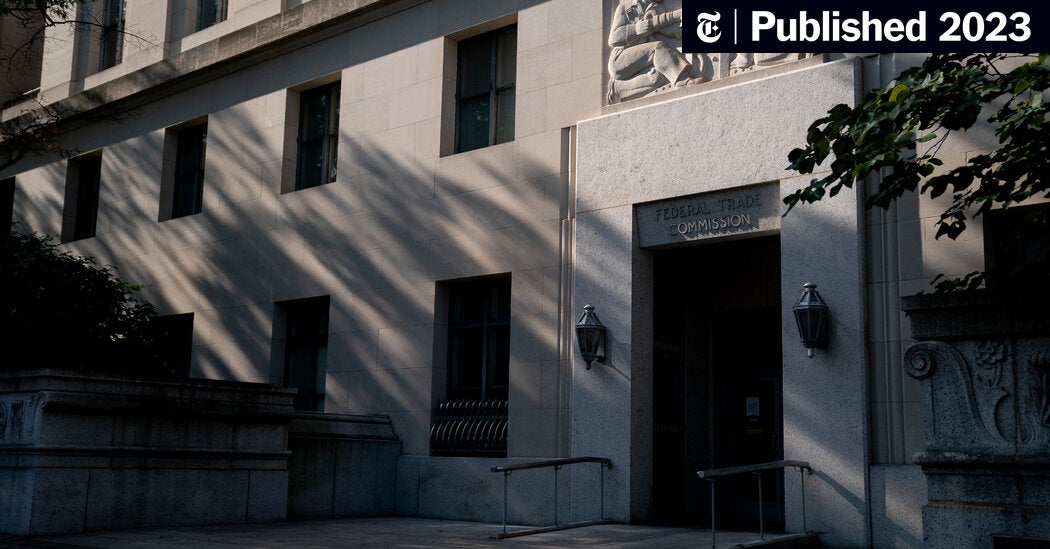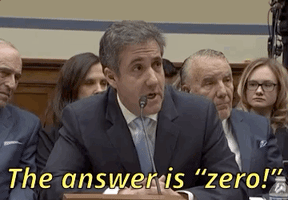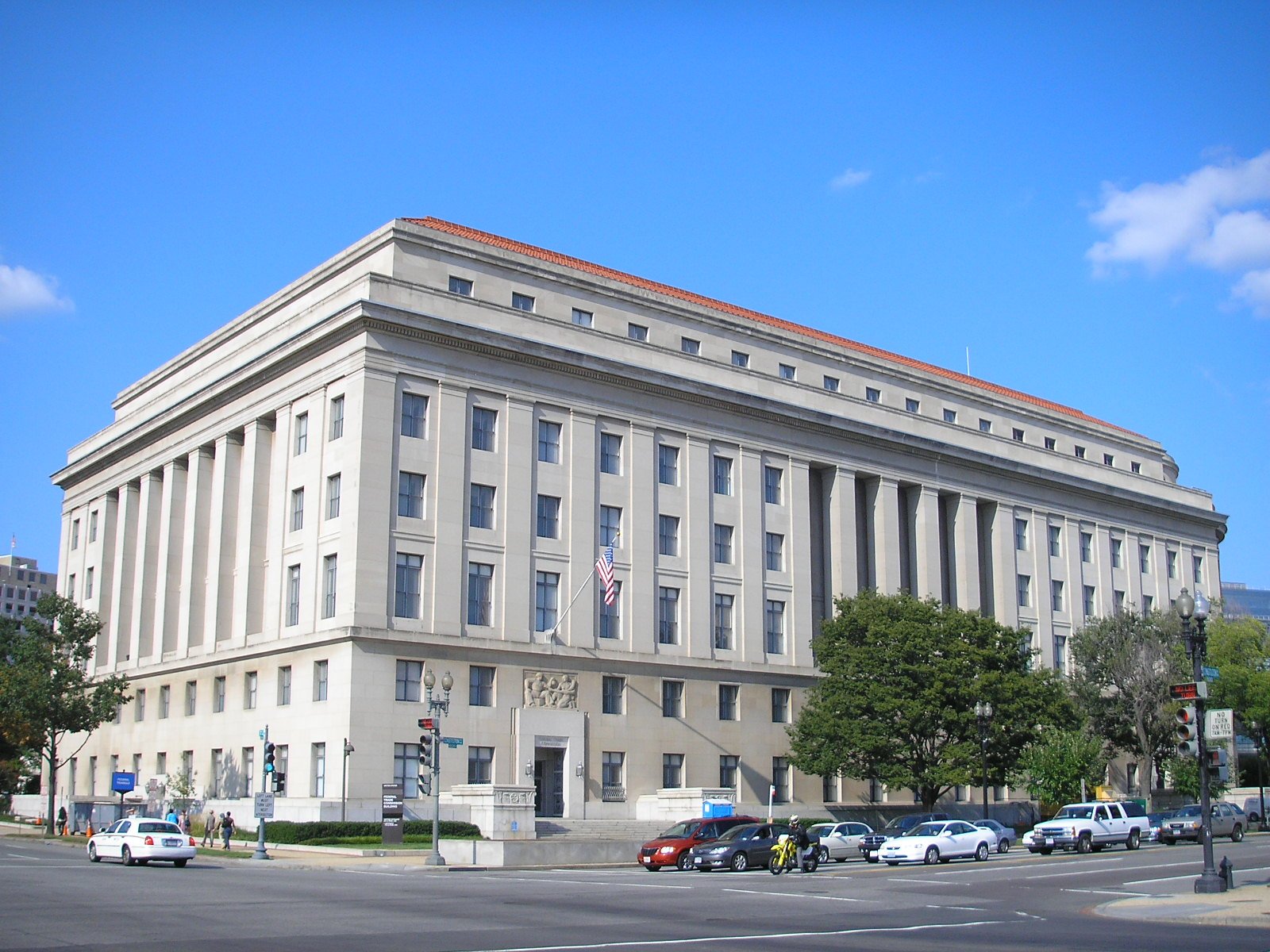Federal law so yes but I expect there to be many legal challenges.
It wouldn't be a law, the executive branch can't just create laws. It would be a FTC regulation that would be subject to legal challenge. Obviously this would be a very pro free market policy. Question would be if FTC has the authority to make such a regulation.
From the WSJ:
WASHINGTON—The Federal Trade Commission on Thursday issued a proposal to ban the use of
noncompete clauses, a move that would allow workers to take jobs with rival companies or start competing businesses without the threat of being sued by their employers.
The FTC said noncompete clauses constitute an exploitative practice that undermines a 109-year-old law prohibiting unfair methods of competition. Noncompete clauses, which typically bar employees from joining a competitor for a period after they quit, affect nearly one in five American workers, according to the agency. Long associated with higher-paid managers, the clauses have also been imposed on lower-wage workers who lack access to trade secrets, strategic plans and other reasons that could be cited for hampering job switchers
, the agency says
.
If the FTC eventually votes to adopt the proposal, companies would have to rescind noncompete requirements they impose on workers and let employees know about the change. FTC officials say noncompetes suppress wages, restrain new business formation and hurt the ability of companies to hire workers they need to grow.
“Noncompetes are basically locking up workers, which means they are not able to match with the best jobs,” Chair Lina Khan said on a call with reporters Wednesday. “This is bad for competition. It is bad for business dynamism. It is bad for innovation.”
The four-member commission voted 3-1 last month to issue the proposal, which is subject to a 60-day period of public comment before it can be adopted as a regulation. Republican Commissioner Christine Wilson voted against the plan, writing in a dissent that the FTC has gathered only scant evidence to support a complete ban on noncompete agreements.
The proposal was expected by business groups, which sometimes say noncompetes have beneficial effects, such as safeguarding confidential customer data and intellectual property. Ms. Khan said in an interview with The Wall Street Journal in June that it was an
urgent task for the FTC to rein in the growth of noncompete agreements.
President Biden 18 months ago called on the FTC to ban or limit clauses in employment contracts that restrict workers’ freedom to change jobs. Most states limit noncompete clauses or require the restrictions be reasonable, which leaves them open to judicial interpretations. A handful of states, including California, say the clauses are unenforceable in employment contracts.
The rule proposal is the first time in decades that the FTC has embarked on a rule-making project that seeks to broadly outlaw business conduct on competitive grounds. Some conservatives have argued that the FTC lacks authority to write rules targeting anticompetitive practices.
“The rule proposes to regulate a significant portion of the American economy through a ban on noncompetes,” Ms. Wilson wrote in the dissent. A rule “indisputably will negate millions of private contractual agreements and impact employer/employee relationships in a wide variety of industries across the United States.”
If the FTC eventually adopts the proposal and creates a regulation, the measure could trigger a legal challenge by affected businesses. Federal regulators have faced headwinds from the courts in recent years over policies and enforcement tactics that some judges found to exceed the agencies’ statutory authority.
Last year, the Supreme Court said in an opinion targeting an environmental-protection rule that when
federal agencies issue regulations with sweeping economic and political consequences, the measures are presumptively invalid unless Congress specifically authorized the action.
Ms. Khan has argued that the FTC has clear authority to write competition rules and has written that drafting regulations is a more efficient way to inform businesses and consumers about what the law allows. Historically, the agency has used its enforcement cases to show which acts or practices cross the line.
“There is very strong support for us taking this action,” Ms. Khan said.
The FTC has also moved under Ms. Khan to step up
how it uses enforcement to go after unfair methods of competition.
On Wednesday, the
FTC announced settlements with several companies that it said collectively required thousands of employees to sign noncompete agreements. The companies agreed to drop the provisions and stop enforcing them against any workers they accused of violating the rule.
The FTC said one of the defendants, Prudential Security Inc. and Prudential Command Inc., required low-wage security guards to sign contracts that barred them for two years from working for a competing firm within a 100-mile radius of where they had been stationed for Prudential. The employees typically earned wages close to the minimum wage, but Prudential’s restrictions said they would have to pay a $100,000 fine if they violated the noncompete clause, the FTC said.
Prudential Security and Prudential Command had common ownership and were based in Michigan but operated in several states, the FTC said. The companies’ owners last year sold their security business to another firm that doesn’t subject the employees to noncompete clauses, the FTC said in a
legal complaint. The owners of the security companies couldn’t be reached for comment.

 www.nytimes.com
www.nytimes.com





